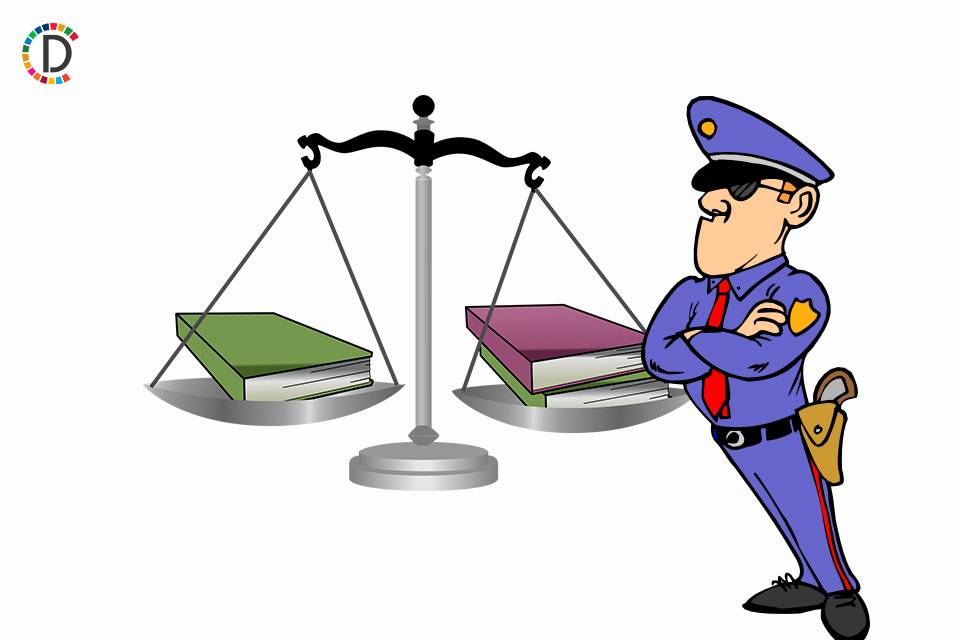Northern Ireland's first minister ups ante in UK-EU trade dispute
The dispute, which was heightened when the EU involved Northern Ireland in a COVID-19 vaccine ban, has cast a shadow over a post-Brexit trade deal agreed late last year and threatens to further sour future ties between the neighbours. Arlene Foster, the province's first minister, has previously called on London to walk away from part of the Brexit agreement with the EU, called the Northern Ireland protocol, but her statement after the talks was pointed in its criticism of European Commission Vice President Maros Sefcovic.

Northern Ireland's first minister upped the ante on Wednesday in a dispute between the UK and the European Union over trade with the province, calling on Prime Minister Boris Johnson to "step up and protect the United Kingdom".
Earlier the UK and the EU held talks and agreed to press on with work to resolve the difficulties that have impeded deliveries of goods, notably food, from other parts of the United Kingdom to Northern Ireland and caused some shortages in supermarkets. The dispute, which was heightened when the EU involved Northern Ireland in a COVID-19 vaccine ban, has cast a shadow over a post-Brexit trade deal agreed late last year and threatens to further sour future ties between the neighbours.
Arlene Foster, the province's first minister, has previously called on London to walk away from part of the Brexit agreement with the EU, called the Northern Ireland protocol, but her statement after the talks was pointed in its criticism of European Commission Vice President Maros Sefcovic. "It is clear Maros Sefcovic and his team is not serious," Foster said in the statement, adding it was "time for the United Kingdom government to act unilaterally".
"With a stubborn and inflexible response from Brussels it is now a matter for the Government to step up and protect the United Kingdom internal market." Her words were at odds with a joint statement by the UK and the EU, which suggested there was some movement in the talks to try to resolve the impasse.
"Britain noted that it would provide a new operational plan with respect to supermarkets and their suppliers, alongside additional investment in digital solutions for traders in accordance with the Protocol," they said. Britain and the EU said they would meet again.
After leaving the EU last year, Britain agreed a free trade deal with the bloc, but is no longer part of its single market or customs union. Northern Ireland, which has a land border with EU member Ireland, has a foot in both camps as part of UK customs territory while still aligned with the bloc's single market for goods.
Under the protocol, which covers post-Brexit trade between Britain and Northern Ireland, supermarkets selling into the territory have a three-month grace period to adapt their supply systems to the new trading reality. To solve the problem, the British government had demanded concessions from the EU to minimise disruption in trade.
The EU has said it will be pragmatic in seeking solutions, but has blamed the disruption on Britain's decision to exit the bloc and has called for London to implement measures agreed. Foster, who attended the online meeting between Sefcovic and Britain's Michael Gove, who has been responsible for implementing the Brexit deal, told Northern Irish broadcaster UTV the EU had refused a short extension of the grace periods.
But Northern Ireland's Deputy First Minister Michelle O'Neill, a member of Irish nationalist party Sinn Fein who also attended the meeting, was more positive. "Both sides restated their commitment to finding practical solutions," she said in a statement.
(This story has not been edited by Devdiscourse staff and is auto-generated from a syndicated feed.)
ALSO READ
IMMAF and BitDelta Join Hands to Foster the Growth of Mixed Martial Arts
Ireland's sovereign investment fund to divest from six Israeli firms
NEWSMAKER-Harris completes steadfast journey to become Ireland's youngest premier
Ireland's Martin calls for talks on N.Irish political reforms within a year
Britain's Cameron to meet Blinken, press Congress on Ukraine aid










